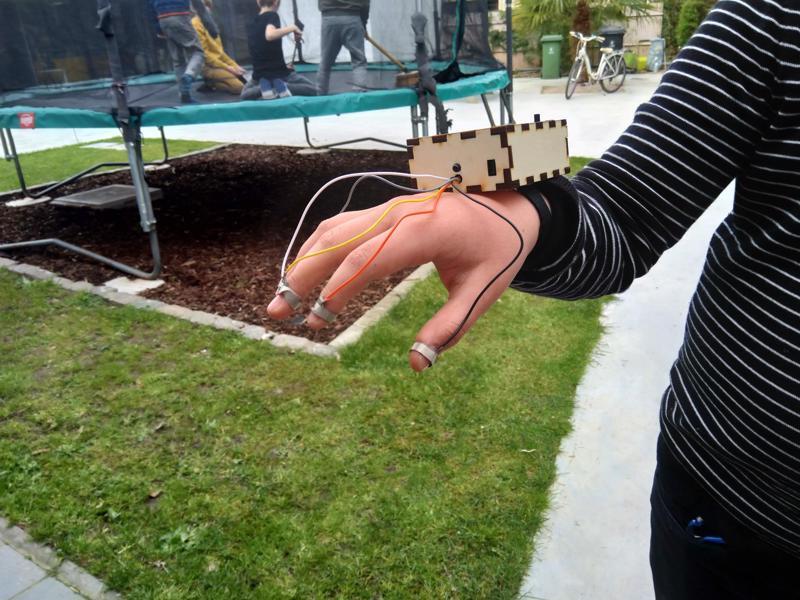However, a new European outreach project has been tackling this underrepresentation by engaging young female minds with STEM in the hope that they will pursue a career within the photonics, science or engineering industries.
The European photonics research consortium has created a series of 33 workshops and 11 Photonics Challenger projects across 10 European countries.
A total of 1221 girls have attended the ‘Phablabs 4.0’ initiatives since last year. The workshops have created novel and innovative problems for students to solve using lasers and photonics, the technology around the emission, manipulation and detection of light.
Combining a fabrication laboratory with the world of photonics, the workshops and Challenger Projects offer a glimpse into careers in photonics, engineering, computer coding, and robotics.
Hands-on opportunities
Students have been exploring tasks as varied as creating an artwork made from lasers, modifying a cuddly toy with photonics, or building an infrared glove that acts as a remote control where touching two fingers creates a signal.
The more advanced Challenger Projects have tasked students with building an Invisibility Cloak or creating their own hologram.

The researchers have targeted three age categories with workshops aimed at high school girls (Young Minds), female university students (Students) and women who may have already started their careers (Young Professionals 18+).
Gender Balanced Resources
One of the results of the PhabLabs 4.0 project has been the publication of a new booklet, A Gender Balanced Approach. The booklet acts as a guide to future fab labs so that organisers in schools or universities can use it as a reference to gain the interest of girls and young women in science and technology.
Supported by the Gender Action Team, the developers have had the backing of the European Commission with funding from Horizon 2020, and support from a number of professionals such as Professor Averil MacDonald from WISE.
The resources are available as an open resource toolkit for educators to use with their students.













